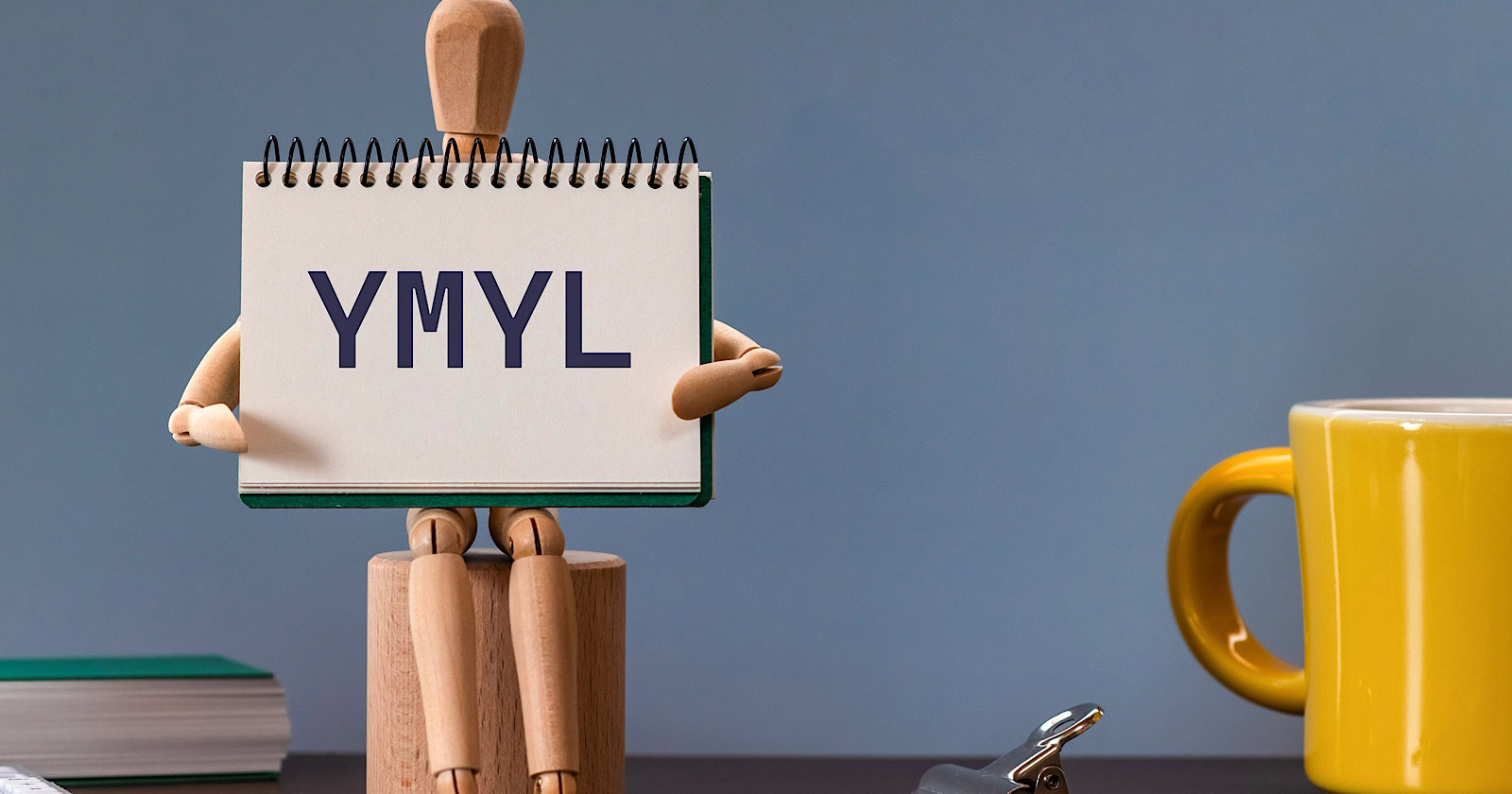I'm A Psychiatrist Focused On Anxiety: The Secret To Sleeping When Stressed Out
For a psychiatrist with a focus on anxiety, these three strategies work over 90% of the time.


Psychiatrist
Psychiatrist
David H. Rosmarin Ph.D. is an associate professor at Harvard Medical School, a program director at McLean Hospital, and founder of Center for Anxiety, which provides services to over 1,000 patients/year in multiple states. Dr. Rosmarin is an international expert on spirituality and mental health, whose work has been featured in Scientific American, the Boston Globe, the Wall Street Journal, and the New York Times.
Image by Oleksandr Shcherban Uk / Stocksy November 8, 2023 We carefully vet all products and services featured on mindbodygreen using our Our selections are never influenced by the commissions earned from our links. Our sleep series, The Wind Down, provides a minute-by-minute peek into the wind-down routines that get well-being experts ready for bed. Today, we're relaxing with David Rosmarin, Ph.D., a psychiatrist and associate professor at Harvard Medical School who has cracked the code on how to fall asleep fast—even when stress and anxiety creep in. To put it mildly, unless I consistently get a high quality and reasonable quantity of sleep, I’m not the best version of myself. Given the grind of my schedule (I'm an academic at Harvard, an author, the founder of an anxiety clinic with over 1,000 patients at any time, and father to six awesome kids), I don’t have much flexibility in the mornings. With rare exception, I need to be out of bed by 6:15 a.m. each weekday to get everything done. So, unless I prioritize my bedtime, which means being in bed at some point between 10:30 p.m. and 11:30 p.m., I’m going to be sleep-deprived, which leaves me palpably more worried, apprehensive, anxious, keyed up, and on edge (also cranky, uptight, and a bunch of other things I’d prefer not to share…) The problem: What happens when I can't sleep because my head is spinning? What happens when this “anxiety expert” gets anxious at night? I have three go-to strategies, which work over 90% of the time: First, if I cannot fall asleep, I do not stay in my bed for more than 20 minutes. I find that this helps “teach” my body that bed is not a place to worry or ruminate. Instead, I get up and read a light book—nothing technical or scary, and of course, I am talking about an actual physical book and not a Kindle or other electronic device. Usually, I find myself getting drowsy within a half hour, and at that point, I try to fall asleep again. On rare occasions, I need to repeat this routine twice or three times, but I can’t remember the last time it took me more than an hour or so to fall asleep with this approach. Second, after a few minutes of reading, I take a break to jot down some brief notes about what I’m concerned about. I actually write them on a pad of paper with a pen, as opposed to using a device. Usually, my worries are something related to work or family, and getting them out (even in a disorganized manner) helps me to feel confident that I can address them the next day. At night time, I am off-duty, even if my mind is trying to remain at work. Third, the day after a restless night, I push myself a notch more than usual: I aim for a solid aerobic workout in the morning and keep active throughout the day. No naps! Keeping up with a higher level of activity (physical, social, and cognitive) helps me exhaust my body and increase my chances of getting to bed early the next night. I'll also take a look at my “anxiety” notes from the night before, organize them into a to-do list, and speak with my wife about what’s on my mind. Just talking with her makes me feel better, but I'll also work on setting clear goals to tackle whatever issues kept me awake. I know that I need seven hours of sleep, and I also know that “things happen” to disrupt that, so I’ve set my schedule to allocate nearly eight hours towards getting the sleep that I need. This allows me enough flexibility so that when things come up, it doesn’t throw me off kilter. Here's a sample of my usual nightly routine: 10 p.m.: This is my goal time to start getting ready for bed. I'll wind down by getting into PJs (simple white cotton t-shirt and flannel pants for cold Boston winters), brushing my teeth with an electronic toothbrush, putting my iPhone on its cradle in my office (not next to my bed!), and saying some nighttime prayers to contemplate what’s most important in life. If this pushes out to 10:30 p.m., or even 10:45 p.m. it’s okay, but later than that is usually not great. 10:30 p.m.: This is my goal time for being in bed. I check that my alarm is set (it’s a low-tech device with two AA batteries, so I don’t need to worry if the power goes out) and say some prayers before tucking in. Assuming my wife isn’t super busy (she’s a bit of a night owl), I usually call her to see if she’s available to chat for a few minutes, which helps me settle down. She jokes that all I need to fall asleep is for her to start talking—but truthfully, I just feel more relaxed when we’re together. 11 p.m.: Realistically, this is my actual bedtime on about 50% of weekdays. But, having a goal bedtime of 10:30 p.m. helps keep me on course for the overall goal of getting seven hours per night. Here’s my math: My wake time is fixed (6:15 a.m.) Monday-Friday, and I need seven hours per night, so as long as I’m in bed by 11:15 p.m., it’s not terrible. Having a 45-minute buffer helps me maintain adequate sleep overall. 6:15 a.m.: Wake up time! Usually, my alarm is what alerts me to the time, but if I make it to bed early the night before (10:30 p.m.) I will often wake up on my own a few minutes before the alarm goes off. After a brief gratitude prayer, I go to the bathroom, wash up, and return to my bedroom to stretch my hamstrings, calves, quads, and IT band, which keeps me flexible as a runner. After that, I get dressed and am usually out the door by 6:50 a.m… lots to do!



 Aliver
Aliver 






























